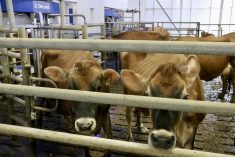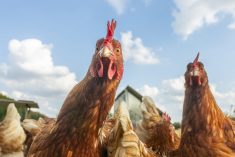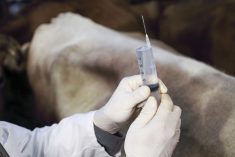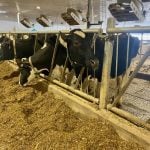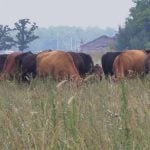It’s the final stretch until Thanksgiving, but anyone hoping to bring their raw bird over the border may be disappointed.
The Canadian Food Inspection Agency (CFIA) is warning the public that raw poultry, including turkey, from restricted areas of the U.S. will not be allowed past the international border due to the ongoing fight with highly pathogenic avian influenza (HPAI).
CFIA tightened rules around poultry shipments earlier this year, in the face of North America’s woes with the disease.
Both states on Manitoba’s southern border make that restricted list. North Dakota and Minnesota both have active outbreaks of HPAI, along with other border states such as Idaho, Washington, Michigan, New York, Maine and Pennsylvania.
Read Also
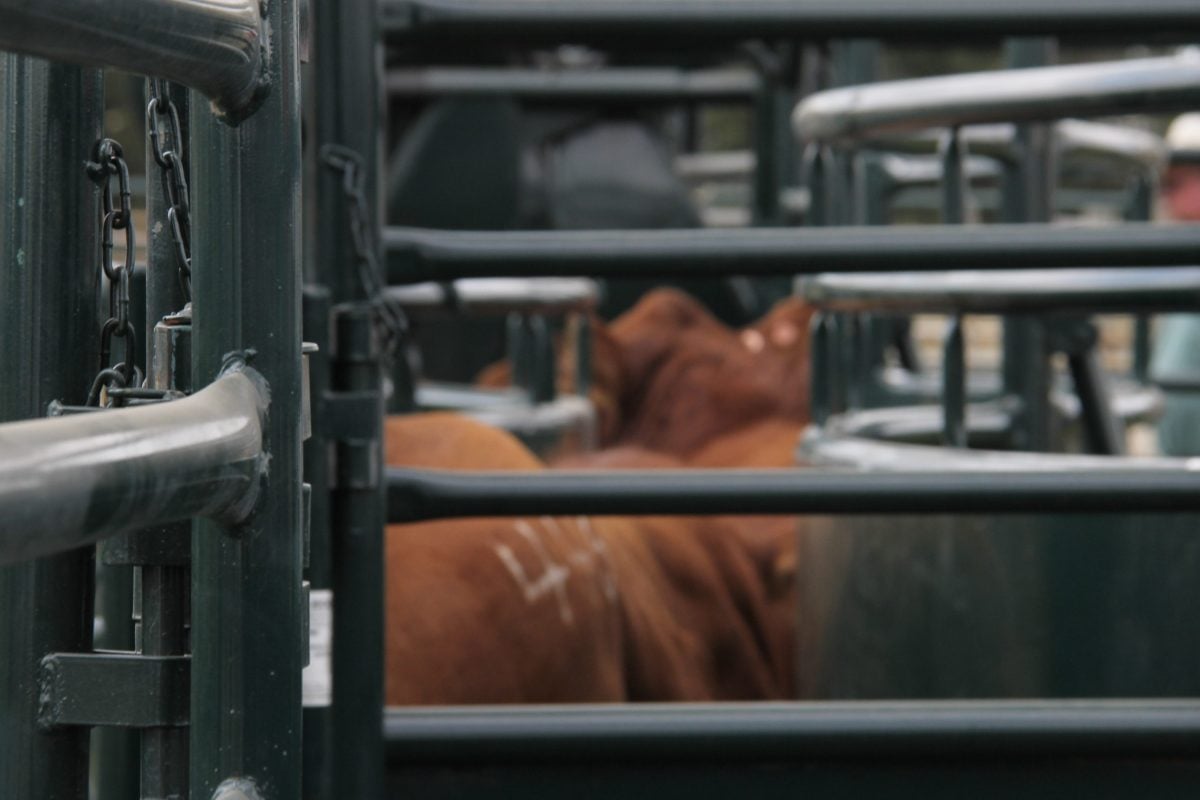
U.S. livestock: Cattle regain losses, hogs rise
Chicago cattle futures rose on Tuesday, recouping losses from Monday’s screwworm scare. Lean hog futures also rose.,.
No raw poultry or raw poultry products can be imported into Canada from those states or others on the restricted list, although rules were relaxed as of Sept. 19 to allow cooked, ready-to-eat poultry, regardless of its state of origin.
“Raw poultry will only be allowed entry into Canada with documentation, such as a receipt, stating it was purchased in a state not currently affected by HPAI outbreaks,” CFIA has said. “Those without proper documentation will have to surrender their poultry to Canada Border Services officers for disposal, or return the item to the grocery store.”
(Carcasses of hunted wild game birds originating from the U.S. are still allowed into Canada with a hunting permit, CFIA said.)
Fall case rise
As of Wednesday, the count of U.S. farm birds impacted by HPAI had officially ticked over 47 million, according to the U.S. Department of Agriculture. All but eight states have seen HPAI since the start of outbreaks in late 2021.
Canadian cases, meanwhile, had spread to 157 premises and impacted over 2.9 million birds north of the border as of Wednesday, according to the CFIA.
Both the U.S. and Canada have seen case surges in the last month and a half as wild birds — the most common infection vector — begin their fall migration.
In Manitoba, for example, that has translated to the first commercial barn infections since April. Eleven infections have been reported since Sept. 14, all but one in a commercial barn.
Nine control zones have been set up around the infected commercial properties (see map below). Of those, two sit in central Manitoba, while clumps of control zones have descended around Ste. Anne in the east and the northwestern shore of Lake Winnipeg. Eight of the recent 11 cases have occurred either in the RM of Ste. Anne or RM of Bifrost-Riverton.
Before September, only three cases had been confirmed provincewide, two of which were in small flocks.
Among other provinces, from the beginning of September up until Thursday, Alberta has had 13 confirmed HPAI outbreaks in commercial poultry barns, followed by Saskatchewan with six, Ontario two and British Columbia one.
The sudden rise comes as many Canadians are looking to put a turkey on their table.
Helga Wheddon, general manager of the Manitoba Turkey Producers, confirmed that there are turkey barns impacted by the prescribed control zones.
Her group is working with CFIA and the provincial veterinary authority on the issue, she said.
“We’ve got teams involved on it,” she said. “We’re doing our best to work with them and the producers to use high biosecurity measures and proper protocols to try and get the situation under control.”
CFIA has implemented a sliding-scale permit system for poultry operations in those zones that want to move product. “Lower-risk movements” such as unwashed eggs coming into a control zone, only require a general permit. Live birds leaving the zone, however, would need a specific permit. Producers at that level may have to clear requirements like pre-shipment testing, increased monitoring and traceability or more rigorous flock health monitoring, the agency has said.
That permit system has “gone well” in the face of the high-traffic season, Wheddon added.
“The supplies for turkey here in Canada will be adequate to ensure that there will be turkey for all who want to have turkey at their Thanksgiving meal,” she said.
— Alexis Stockford reports for the Manitoba Co-operator from Brandon.

Red areas denote active control zones for highly pathogenic avian influenza in Manitoba. (CFIA map)






